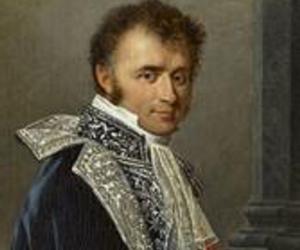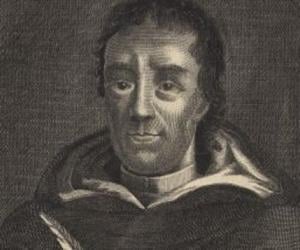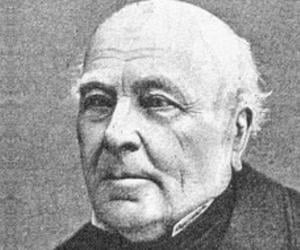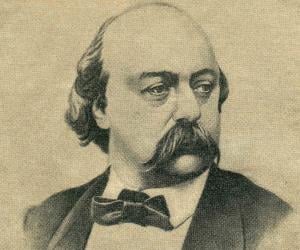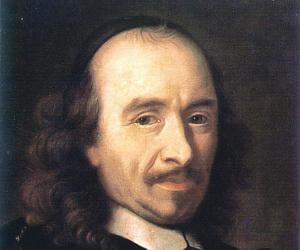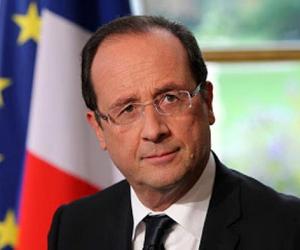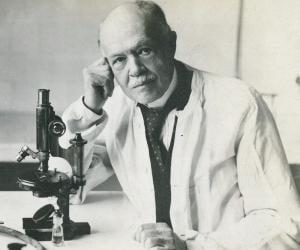

Gustave Flaubert was a French novelist best remembered for his first novel Madame Bovary, which was later adapted into an opera. One of the most influential French novelists of all time, Flaubert is widely regarded as the main exponent of literary realism in France. His work inspired his protégé and short story writer Guy de Maupassant, who later achieved much acclaim.
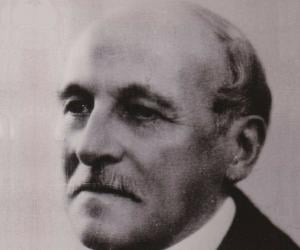
French author Maurice Leblanc is best known for creating the character Arsène Lupin, who has been part of 60 of Leblanc’s crime stories and novels. He quit his law studies to become an author. Several of his films have been turned into films. He also earned the Légion d'Honneur.
Born into a family of lawyers, Pierre Corneille, too, initially studied law. However, both he and his younger brother, noted playwright Thomas Corneille, deviated from their family profession. Part of the Society of Five Authors, selected by Cardinal de Richelieu, Corneille later grew into one of the greatest 17th-century tragedians.
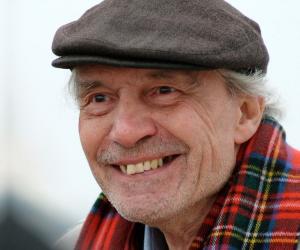
Jacques Rivette was a French film critic and director. One of the most important members of the French New Wave, Rivette's work is renowned for its loose narratives, improvisation, and lengthy running times. Rivette, who started his career as a film critic, worked for the film magazine Cahiers du Cinéma and his articles helped popularize the magazine in the 1960s.

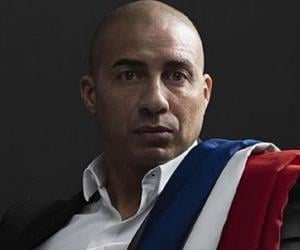
David Trezeguet is a French retired football player who helped his national team win the 1998 FIFA World Cup as well as the 2000 UEFA European Championship title. Widely regarded as one of the greatest strikers of his generation, David Trezeguet was also included in Pele's FIFA 100 list.
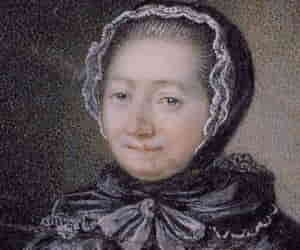


François Hollande served as the president of France from 2012 to 2017. He has earlier been the president of the General Council of Corrèze and the First Secretary of the Socialist Party. Of the many significant policies undertaken by him was the legalization of same-sex marriage through Bill 344.
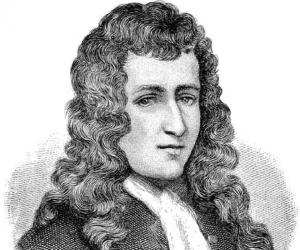
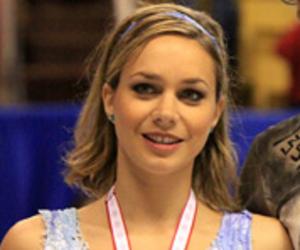
Nathalie Péchalat is a French former ice dancer who won two European championships, five French national championships, and five medals at the Grand Prix of Figure Skating Final along with her skating partner Fabian Bourzat. She is currently serving as the president of the French Federation of Ice Sports.
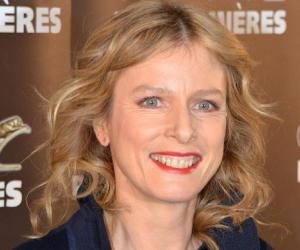
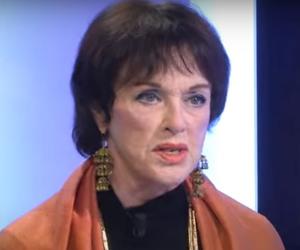

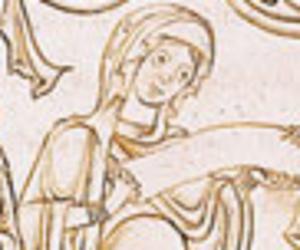
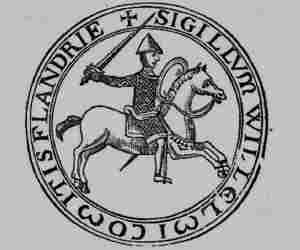
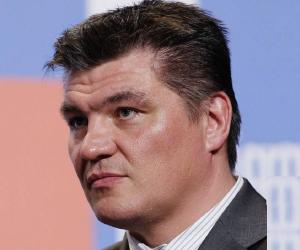
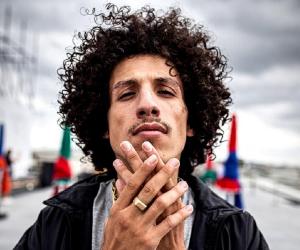


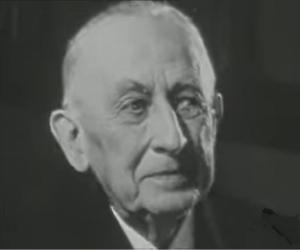

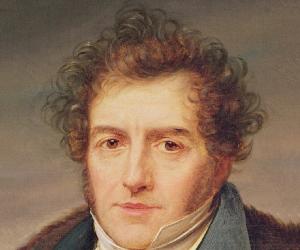

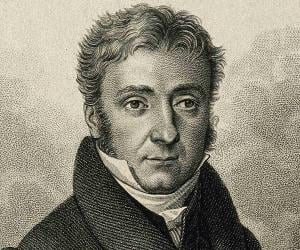
French physicist and chemist Pierre Louis Dulong FRS FRSE is best-remembered for proposing the thermodynamic law called the Dulong–Petit law with fellow scientist Alexis Petit. Subjects of his scientific studies included the elasticity of steam, specific heats of gases and conduction of heat. He discovered nitrogen trichloride, worked on specific heat capacity, and expansion and refractive indices of gases.
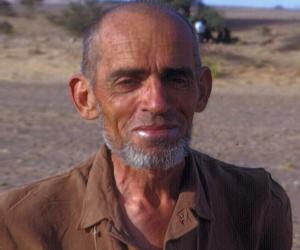
A professor at Paris’s National Museum of Natural History, French naturalist Théodore Monod founded the cultural institute IFAN in Senegal. He spent a huge chunk of his life studying natural life in the Sahara and had several plant, insect, crustaceans, and fish species named after him.

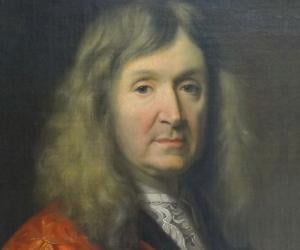
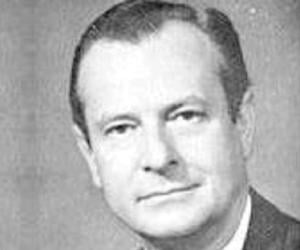
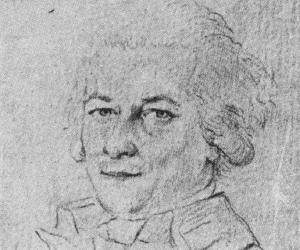
Jacques-François Blondel was a French teacher and architect who served as a professor at the Académie Royale d'Architecture after running his own school of architecture for several years. Jacques-François Blondel is credited with teaching many future architects like Alexandre-Théodore Brongniart, Étienne-Louis Boullée, Jean-François-Thérèse Chalgrin, and Louis Jean Desprez. In 1755, he was made an inductee of the Académie Royale d'Architecture.
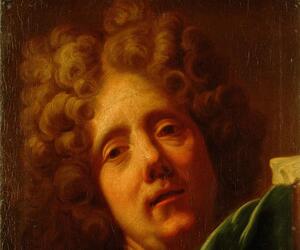
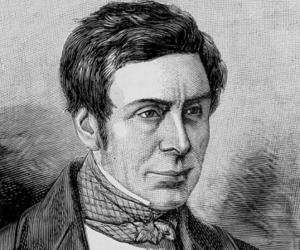
Félix Archimède Pouchet, the father of French naturalist Georges Pouchet, is remembered for his belief in the spontaneous generation of life from non-living matter, a theory that was discarded after Louis Pasteur proved that microorganisms existed in the air. A professor and a naturalist, he penned the iconic work Hétérogénie.
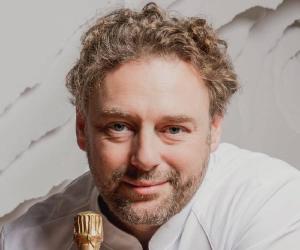
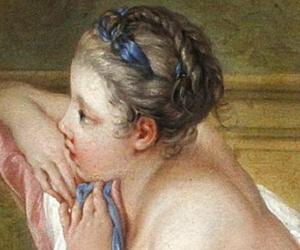

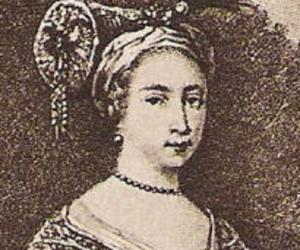

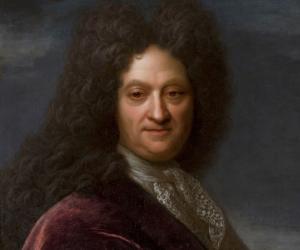
Economist Pierre Le Pesant, sieur de Boisguillebert was born into a noble family of Normandy and received an elite education. He suggested several economic reforms during Louis XIV’s reign, paving the way for Physiocrats. He supported direct taxes and believed the prosperity of France depended on its agricultural capacity.

